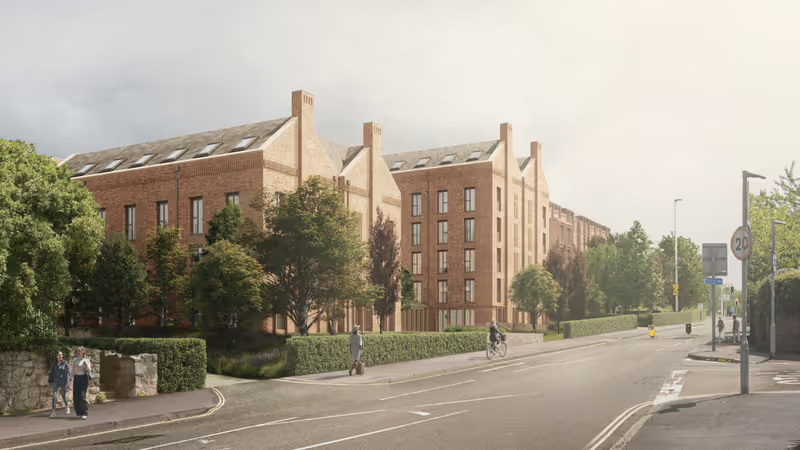The number of over-65s living in Devon is expected to increase by a third over the next twenty years, according to a new county council public health report, with likely impacts on local health and social care.
There are currently 225,000 over-65s living in Devon, a number expected to rise to more than 300,000 by 2043 as a result of people moving here in later life to add to a population that is already older than most of the rest of the country.
Long-term health issues among Devon over-65s are also expected to rise significantly, including a 35% increase in rates of depression, a 49% increase in falls leading to hospital admissions and a 52% increase in the number of people experiencing dementia.
At the same time the proportion of young people and working age adults living in the county is expected to fall, reducing the ratio of working age adults to older people from 2.2:1 to 1.7:1 with an accompanying impact on the supply of healthcare workers including paid and unpaid carers.
The report acknowledges strong links between deprivation and ill-health. People in poorer areas of Devon die between five and seven years earlier on average than those in affluent neighbourhoods.
This disparity rises to as much as fifteen years in some places, including parts of Ilfracombe and Liverton in Exmouth. Parts of Exeter and Barnstaple also experience high deprivation levels.
However, the report says the number of years lived without illness is a more useful indicator of health than simple longevity, which has been used as a healthcare yardstick for the past 100 years, against a backdrop of stalled life expectancy.
It says that average healthy life expectancy in Devon is 77 years for men and 79 years for women, with an average of another eight subsequent years of poor health, a figure which has not improved over the past decade.
 Predicted increase in long-term health issues among Devon over-65s by 2040. Devon County Council.
Predicted increase in long-term health issues among Devon over-65s by 2040. Devon County Council.
The report makes several recommendations for improving health outcomes in later life by encouraging people in Devon to keep physically, mentally and socially active.
It also promotes smoking cessation and vaccination programmes, screening for early diagnosis of disease and the development of a dementia strategy.
The dementia diagnosis rate in Devon is currently only 55.6% so almost one in two people with the condition go undiagnosed, with health and social care services compensating for absent dedicated support.
The economic cost of dementia is expected to triple by by 2040 nationally and is greater than the cost of cancer, heart disease and stroke combined.
Nevertheless, according to Chris Whitty, Chief Medical Officer for England, most people enter old age in good health and experience a high quality of life.
His 2023 report on the nation’s health says: “Most people do not have Alzheimer’s or other dementias, or major debilitating conditions, before they die.
“Older age is often portrayed relentlessly negatively when actually the experience for many in older age is positive.”










